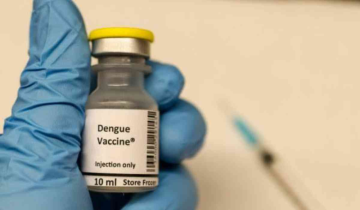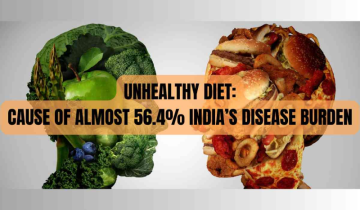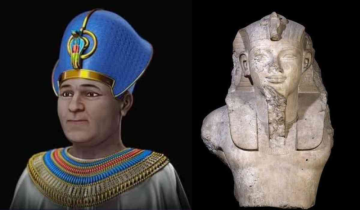The World Health Organization (WHO) included the R21/Matrix-M malaria vaccine in the list of prequalified vaccines, making it the ‘second’ malaria vaccine to attain this status, following the prequalification of the RTS,S/AS01 vaccine in July 2022.
The R21/Matrix-M malaria vaccine, created by Oxford University and manufactured by the Serum Institute of India. Similar to the RTS,S/AS01 vaccine, the ‘second’ vaccine has proven its safety and efficacy in clinical trials, specifically in preventing malaria in children.
WHO, in October 2023 recommended the usage of the vaccine for preventing malaria in children, aligning with guidance from the WHO Strategic Advisory Group of Experts (SAGE) on Immunization and the Malaria Policy Advisory Group.
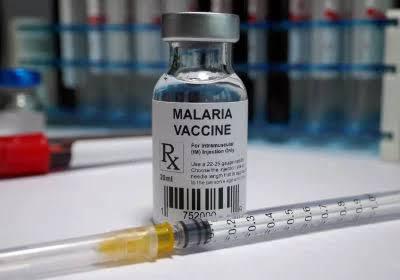
Representational Photo
According to WHO's statement, Prequalification enhances vaccine accessibility which serves as extremely crucial to prevent Malaria all across the world. Vaccine Accessibility is also a requirement for UNICEF's vaccine procurement and Gavi, the Vaccine Alliance's funding support for deployment in the prevention of malaria in children.
In the African Region, where nearly half a million children fall victim to malaria annually, the presence of two vaccines guarantee an ample supply of vaccine doses for all children living in regions where malaria poses a substantial public health risk. Globally, in 2022, approximately 249 million malaria cases and 608,000 malaria-related deaths occurred across 85 countries. Their widespread implementation, combined with recommended malaria control measures, is anticipated to significantly impact public health.
Dr. Rogério Gaspar, Director of the Department of Regulation and Prequalification at WHO, emphasises that obtaining WHO vaccine prequalification guarantees the safety and effectiveness of vaccines in global immunisation programs, aligning with the specific conditions of use in targeted health systems. WHO consistently assesses numerous products for prequalification each year, with a central focus on enhancing access to health products that are safe, effective, and of high quality.
Dr. Kate O’Brien, Director of WHO's Department of Immunization, Vaccines, and Biologicals, hails the prequalification of R21/Matrix-M as a significant milestone in global health, specially for children in malaria-endemic areas. This development highlights a steadfast commitment to a malaria-free future.
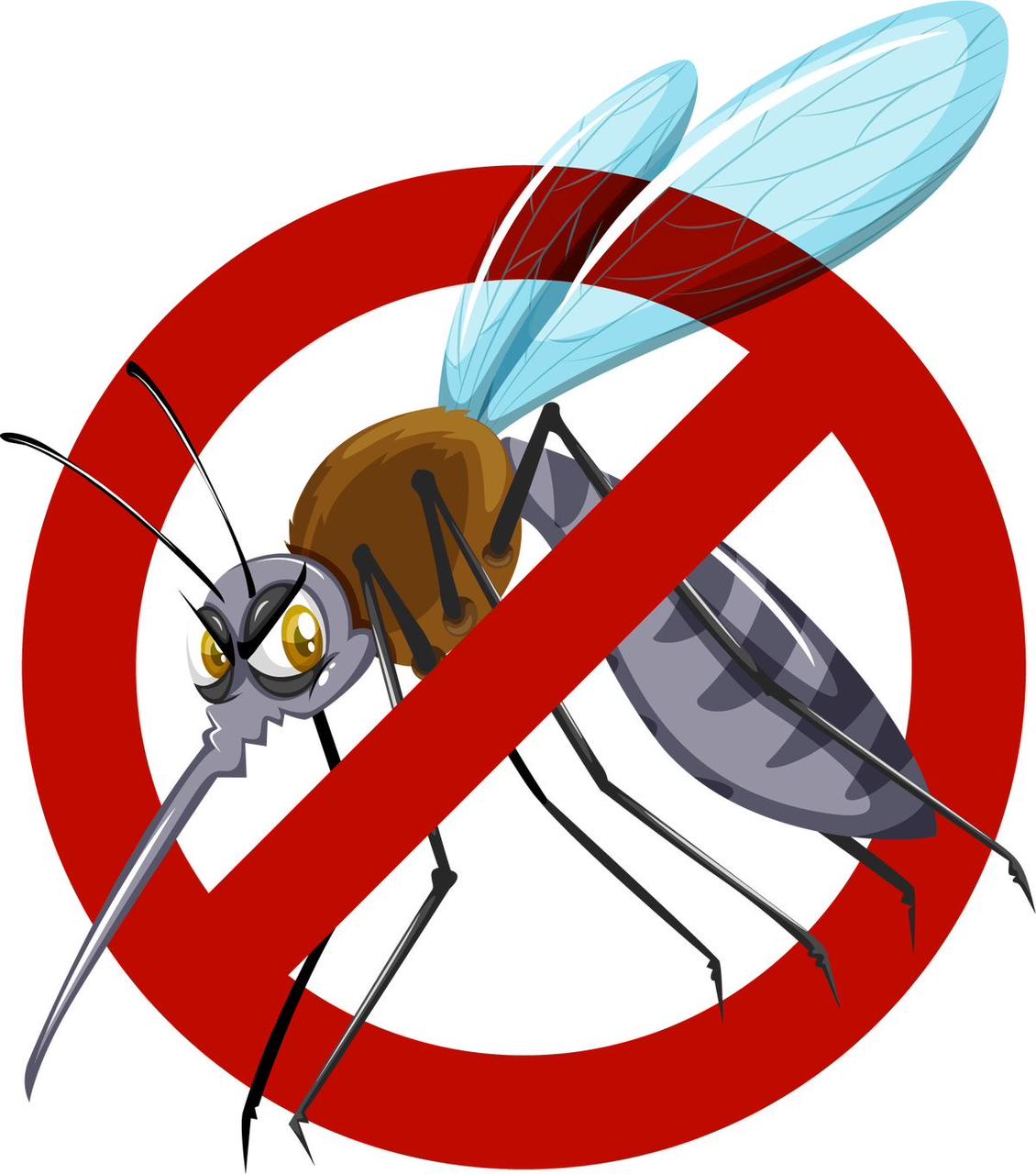
In the prequalification process, WHO employs international standards to thoroughly assess vaccines, verifying their safety, effectiveness, and adherence to global manufacturing standards. The ongoing safety and efficacy of prequalified vaccines are upheld through regular re-evaluation, site inspections, and targeted testing.
Prequalification is designed to cater to the unique requirements of national immunization programs, considering vaccine characteristics like potency, thermostability, presentation, labeling, and shipping conditions. This meticulous process ensures that vaccines meet stringent criteria for widespread use in global health initiatives.
©️ Copyright 2023. All Rights Reserved Powered by Vygr Media




